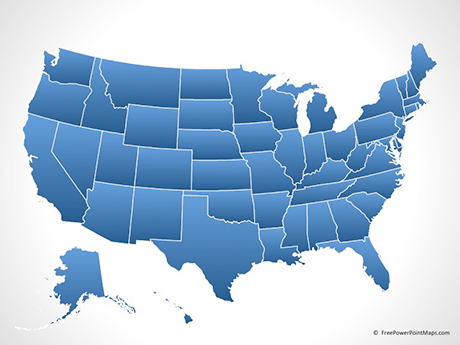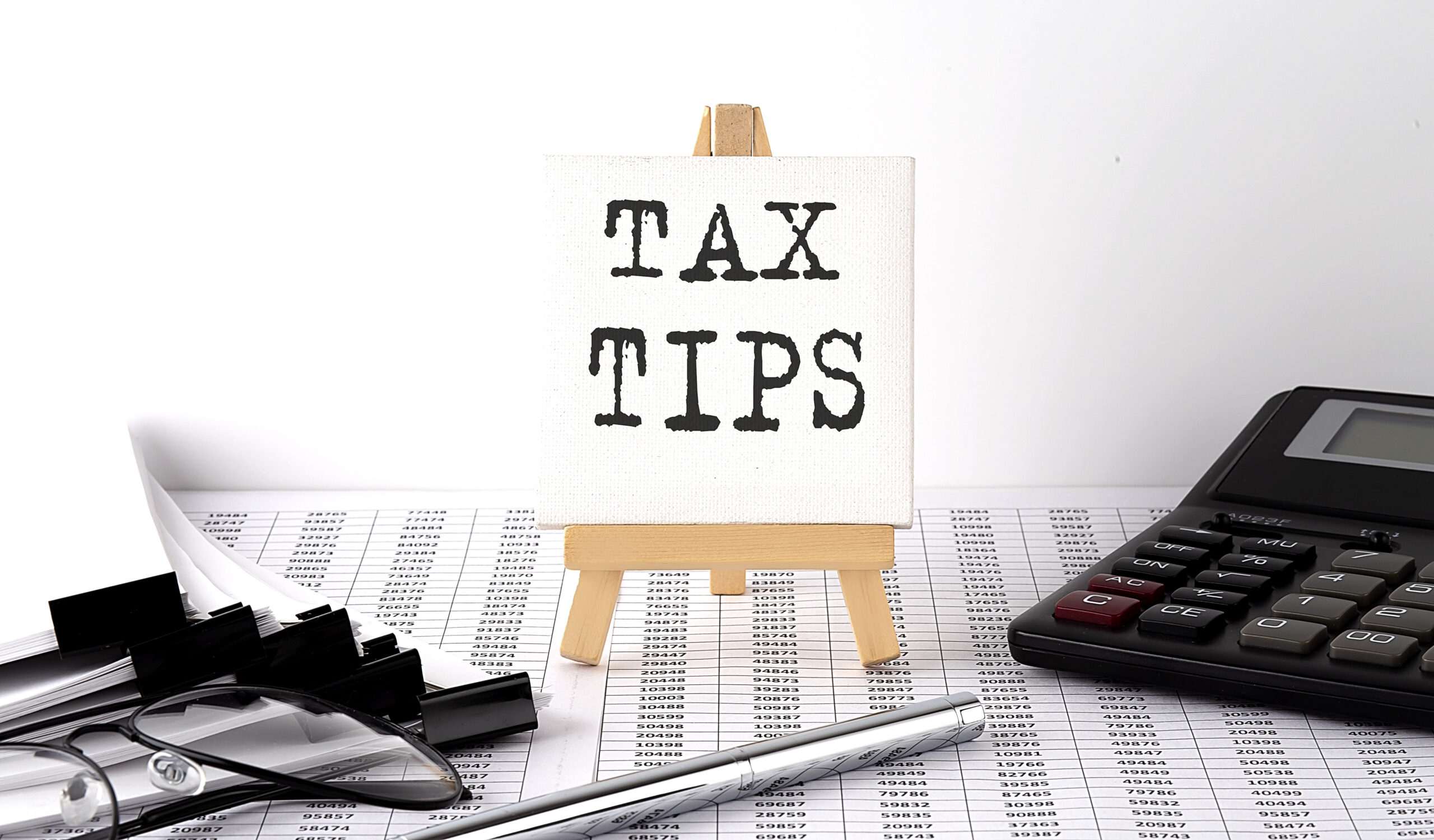Service Businesses
There have been many changes in multi‐state taxation for service businesses over the past several years. Every business needs to ask themselves if they are doing business in other states. If you are in a service business, you may say to yourself that your business is only in Oregon because your only office is in Oregon, but that may not be the case.
Revenue from services is sourced to a state other than your home state under two general methodologies. The following example illustrates this issue:
Consulting Inc. has one office located in downtown Portland and performs all work in their local offices.
Under the “Cost of Service” methodology, you look the where the revenue producing work is performed, so that revenue is considered to be Oregon revenue since the work was performed in Oregon.
Under the “Market Based” (also referred to as “Economic Benefit”) methodology, you must look to the client and question where the client benefits from the activity. If the client is in California, then that revenue is California sourced revenue because they received the economic benefit of those services in California. Therefore, while you may have believed you were not doing multi‐state business, because your client is in a Market Based state you have to deal with the possibility of filing multistate tax returns. Note that your client may actually benefit from your service in numerous states.
So under these two methodologies, you get exact opposite answers. Currently, over half of the states that have income taxes have adopted the Market Based methodology of sourcing income. Oregon has historically been a Cost of Service state. However, that is changing and starting in the 2018 tax year, Oregon will sourced income using the Market Based sourcing rules. Note that City of Portland/Multnomah County has not changed their rules and are using the Cost of Service methodology.
California has been using Market Based revenue sourcing for numerous years, as has Washington State for their B&O (Business & Occupation) tax.
The good news is that some states that have adopted Market Based revenue sourcing have adopted some sort of de minimis rule where you have to have a fairly substantial amount of revenue in that state before you are consider to be subject to taxes in that state. So if your business has clients with activity outside of Oregon, all applicable state revenue sourcing rules must be analyzed keeping your clients in mind to determine your potential multi‐state filing requirements.
Washington has recently provided updated guidance on their de minimis levels. Washington has lowered its de minimis amount and starting in 2020 you will need to file B&O taxes (Business & Occupation) if your company meets any of the following in the current or prior year:
- Have more than $100,000 in gross receipts sourced or attributed to Washington
- Are organized or commercially domiciled in Washington
- Have a physical presence in Washington
Contact info for Washington Department of Revenue: 1‐800‐426‐1776 or visit dor.wa.gov/marketplacefairness, or email DORMarketplaceFairness@dor.wa.gov.
We can assist you with multi‐state analysis and associated tax filings. Please contact us for consultation if based on the above discussion, you have multi‐state activity.
Non‐Service Businesses
Sales Tax ‐ Many states have changed their sales tax rules after the 2018 U.S. Supreme Court decision in Wayfair v. South Dakota. Washington adopted an economic nexus standard consistent with the ruling – more than $100,000 in sales or 200 transactions. These thresholds went into effect Oct. 1, 2018. You do not need to have any physical presence in the state to be subject to collection and payment of sales taxes for Washington.
Businesses that make sales into other states should be aware of the impact of the Wayfair decision as many states have or are in the process of updating their sales taxes rules now that they can assess sales taxes when there is no physical presence in the state.
While we do not prepare sales tax returns, it is important for you to be aware of the changes in rules. There are numerous software companies who are helping companies to determine whether they are subject to collection and payment of sales taxes and preparing sales tax returns.
Income tax – you must generally have some form of physical presence in a state to be subject to income taxes in that state. Federal level Public Law 86‐272 provides some protection against multi‐state income taxation (with limitations). However, if your company is required to register to do business in a state as a result of needing to file sales tax in that state, you may still have to file an income tax return in that state and pay a minimum filing fee even though you have no revenue sourced to that state for income tax purposes.
We can assist you with multi‐state analysis and associated tax filings. Please contact us for consultation if based on the above discussion, you have multi‐state activity.
McDonald Jacobs




